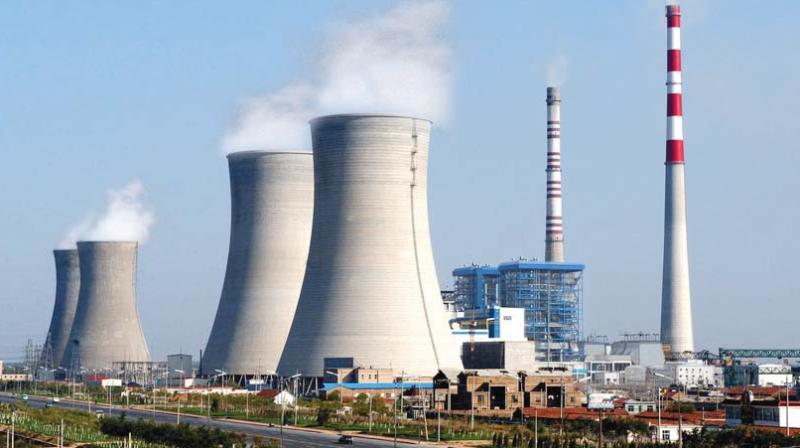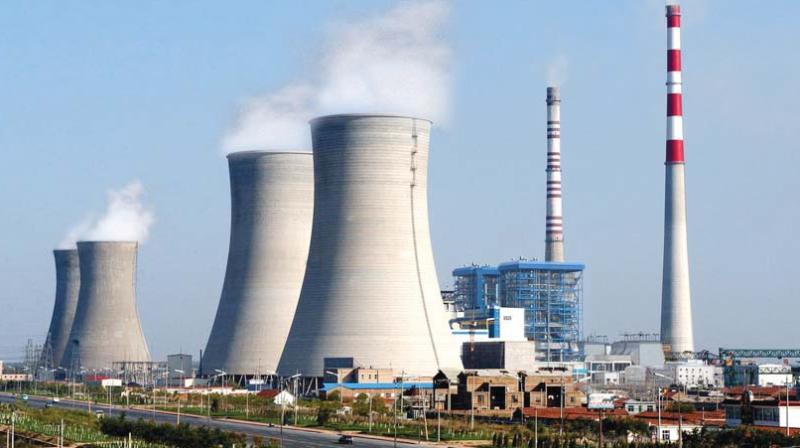
Chennai: The Survey makes a strong case for deregulation as a driver of industrial and economic growth. In order to step up private participation, coordinated action of all stakeholders involved, including governments at different tiers, financial market players, project management experts and planners, and the private sector is needed.
State-level policies play a crucial role in shaping the economic growth patterns. Indian states that implemented significant economic and administrative reforms during the reform period reaped the benefits of industrial expansion.
Four states—Gujarat, Maharashtra, Karnataka and Tamil Nadu— account for about 43 per cent of the total industrial GSVA.
Factors like regulatory environment, infrastructure development, and state-level reforms are shown to significantly influence industrial growth patterns. The state level industrial growth drivers are infrastructure, human development and policy and institutional environment for industrial development.
Hence, states have to recognise, nurture and increase the durability and scales of their smaller enterprises, with appropriate policy facilitation and deregulation.
The way ahead lies in vigorous focus on deregulation, R&D, appropriate skilling and employment strategies, and targeted support for smaller enterprises. This will improve the competitiveness of the Indian industry and prepare it to weather global challenges.
There is an urgent need to review and amend complicated procedures – regulations and rules that hinder both manufacturing and services – at the grassroot level.
Survey calls for lasting, synchronised efforts of all tiers of governments, the private sector, the skilling eco-system, academia and R&D institutions, as well, and financial stakeholders to enable India realise its ambition as a manufacturing powerhouse.

